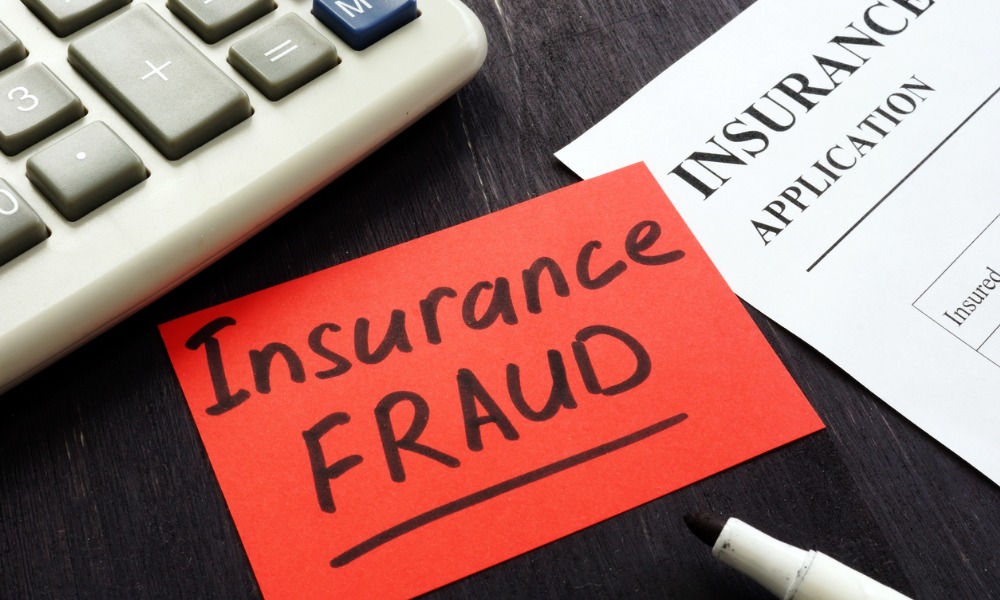
Insurance fraud might seem like a victimless crime to some—a clever trick to “get back” at faceless corporations that collect premiums. However, the reality is far more sobering. Insurance fraud has tangible consequences, not just for the insurers but for society as a whole. Understanding how it happens and the ripple effects it causes highlights why honesty remains the best policy.
How Insurance Fraud Happens
Insurance fraud takes many forms, from exaggerated claims to outright fabrication of events. Some common examples include:
- Staged Accidents: Organized groups deliberately cause car accidents to file false claims.
- Inflated Claims: Policyholders embellish the extent of damage or loss to maximize their payout.
- Phantom Claims: Claims are submitted for services or damages that never occurred.
- Policy Misrepresentation: Providing false information when purchasing a policy to secure lower premiums.
- Arson for Profit: Setting a property on fire to collect insurance money.
These actions exploit the trust that is fundamental to the insurance industry. While fraudsters may think they are gaming the system, they fail to see the larger picture of their actions.
The Real Cost of Insurance Fraud
Insurance fraud is not just a company problem—it is a societal one. Fraudulent claims drive up the cost of insurance premiums for everyone. According to industry reports, billions of dollars are lost annually to insurance fraud worldwide. These losses are often passed on to honest policyholders in the form of higher premiums.
Moreover, insurers are forced to invest in expensive fraud detection and prevention measures, further increasing operational costs. In the end, honest customers pay the price.
The effects extend beyond financial costs:
- Strained Trust: Fraud undermines the trust between insurers and their clients, which is critical for the industry to function effectively.
- Economic Impact: Businesses suffer when fraud causes increased premiums or complicates claim processes, affecting their operations and growth.
- Legal Consequences: Fraudsters face severe penalties, including fines, jail time, and lasting reputational damage.
Why Honesty is the Best Policy
Honesty is not just a moral choice but a practical one. When policyholders adhere to the truth, they contribute to a sustainable insurance ecosystem. Honesty ensures:
- Fairness: Everyone pays their fair share without bearing the burden of someone else’s dishonesty.
- Faster Claims Processing: Legitimate claims can be processed more efficiently when fraud risks are minimized.
- Lower Premiums: Reduced fraud-related losses enable insurers to maintain competitive pricing.
For individuals, the risk of being caught committing fraud far outweighs any perceived benefit. Modern fraud detection systems employ advanced analytics, artificial intelligence, and cross-industry data sharing to identify suspicious activity. Those who think they can outsmart these systems are often proven wrong, facing consequences that can alter their lives irreparably.
Building a Culture of Integrity
Insurance companies also have a role to play. By fostering transparency, educating customers about fraud, and maintaining open lines of communication, insurers can encourage honesty. Public awareness campaigns highlighting the impact of fraud and the importance of ethical behavior can also make a difference.
At the end of the day, insurance is a safety net, a mechanism that provides financial protection when things go wrong. Fraud tears holes in that net, making it less effective for everyone. By embracing honesty, we ensure that the system remains robust and fair, benefiting policyholders and insurers alike.
The next time you consider bending the truth for a payout, remember: the real cost of insurance fraud is far greater than you think. Honesty isn’t just the best policy—it’s the only policy that truly works.











